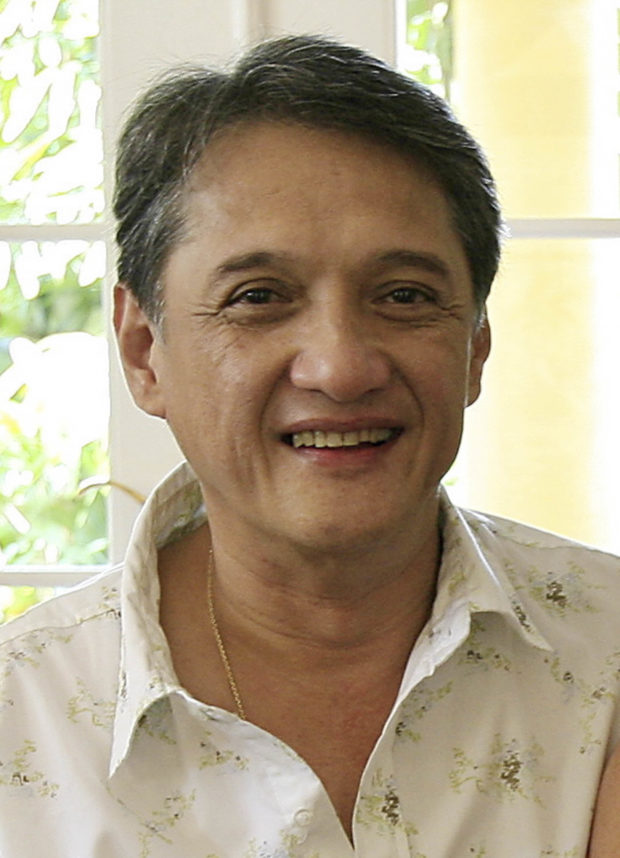
Antonio “Tonyboy” Floirendo inside their Davao City home.
ERNIE U. SARMIENTO (FILE)
The Office of the Ombudsman has ordered the filing of graft charges against Davao del Norte Rep. Antonio Floirendo Jr. for having financial interest in a banana company that has a joint venture agreement with the Bureau of Corrections (BuCor).
The case arose from a complaint filed by House Speaker Pantaleon Alvarez in March against Floirendo, his estranged ally, for violating the antigraft law, which disallows public officers from having direct or indirect financial interest in any transactions prohibited by the Constitution.
Floirendo was the top donor to President Rodrigo Duterte’s election campaign, shelling out P75 million, or a fifth of Mr. Duterte’s P376.01-million kitty.
In a statement from Davao City, Floirendo welcomed the charges and expressed confidence he would be declared innocent.
“I believe it is only the courts which can resolve my case definitely and with finality,” he said.
Floirendo was a congressman serving his 2001-2004 term when Tagum Agricultural Development Corp. (Tadeco) and BuCor signed the agreement in 2003 to grow bananas for export on more than 5,300 hectares of land owned by the Davao Prison and Penal Farm.
Tadeco, the world’s largest contiguous banana plantation, sells its produce to the Del Monte and Dole brands.
Most of Tadeco’s shares of stock were owned by the Floirendo family through the holding company Anflo Management and Investment Corp. (Anflocor) and Floirendo held 75,000 shares worth P7.5 million at that time, according to the Ombudsman.
Charter violation
A resolution signed by Ombudsman Conchita Carpio Morales and made public late on Wednesday said a “plain reading” of the Constitution showed Floirendo violated a provision prohibiting a member of Congress from being interested financially in any contract with the government.
It said there was “sufficient evidence” that he “probably” violated the antigraft law.
Floirendo had 537,950 shares in Anflocor, which owned 4,730,000 Tadeco shares amounting to a subscription cost of P473 million. Anflocor is the listed parent company of Tadeco, the Ombudsman said.
Floirendo argued he was not involved in the Tadeco-BuCor negotiations and Congress did not intervene in the agreement. The Ombudsman said this was irrelevant because “mere prohibition by the Constitution or by law of financial interest in a contract suffices.”
The Ombudsman rejected his claim that the Code of Conduct and Ethical Standards for Public Officials and Employees did not require him to divest his Tadeco shares.
Tadeco’s deal dates back to the Marcos administration, with the first joint venture agreement being signed in July 1969 and consolidated into a fresh 25-year contract in September 1979.
The 1979 deal was renewed in May 1, 2003, a year before its expiry. The 2003 agreement extended the joint venture agreement to 2029.